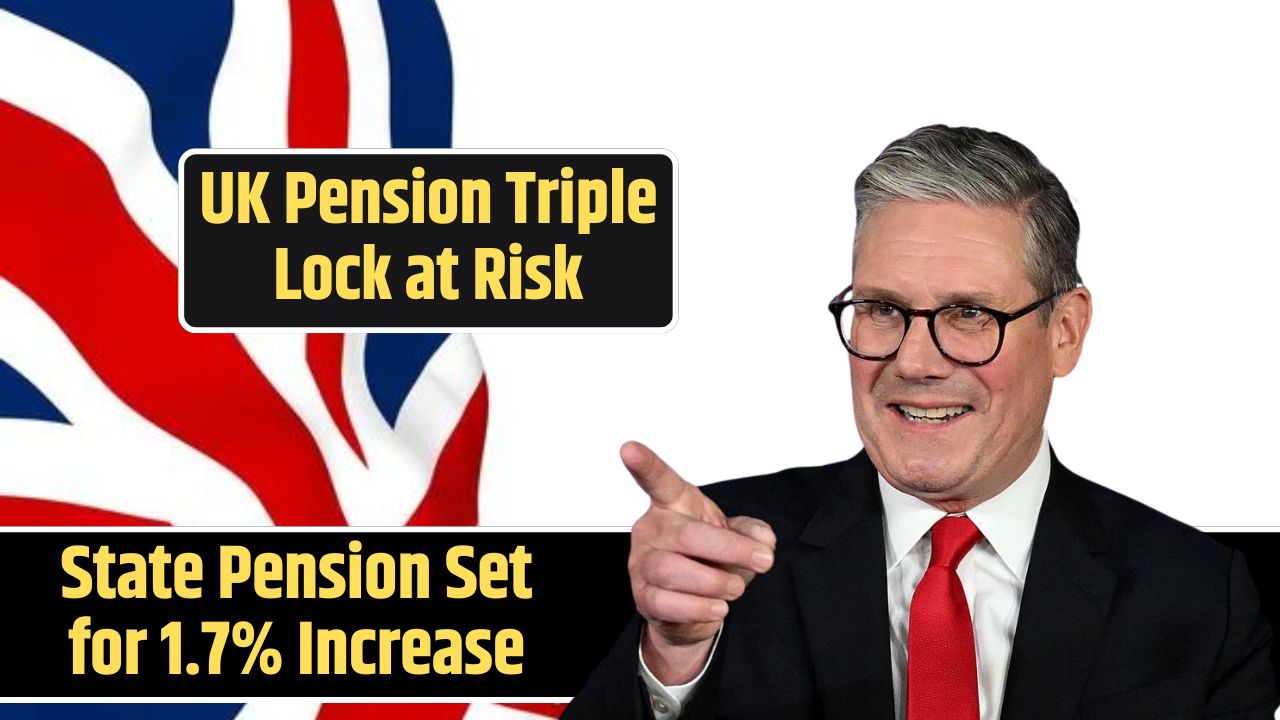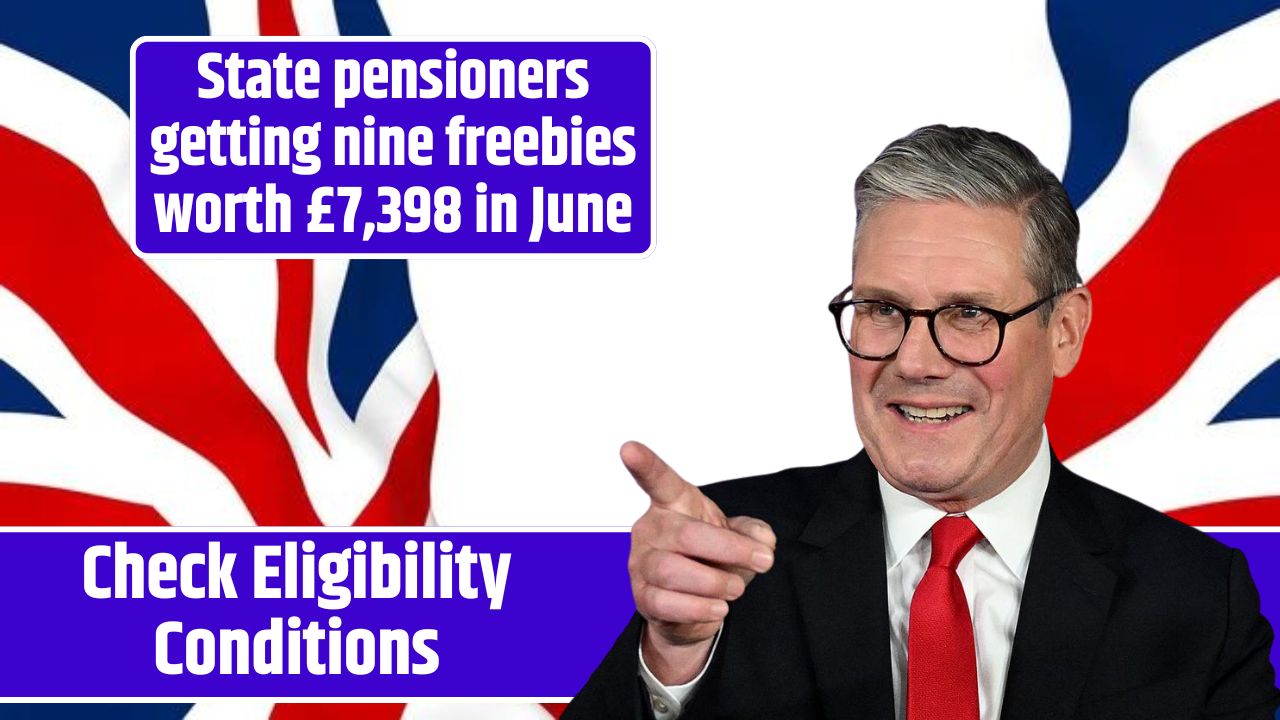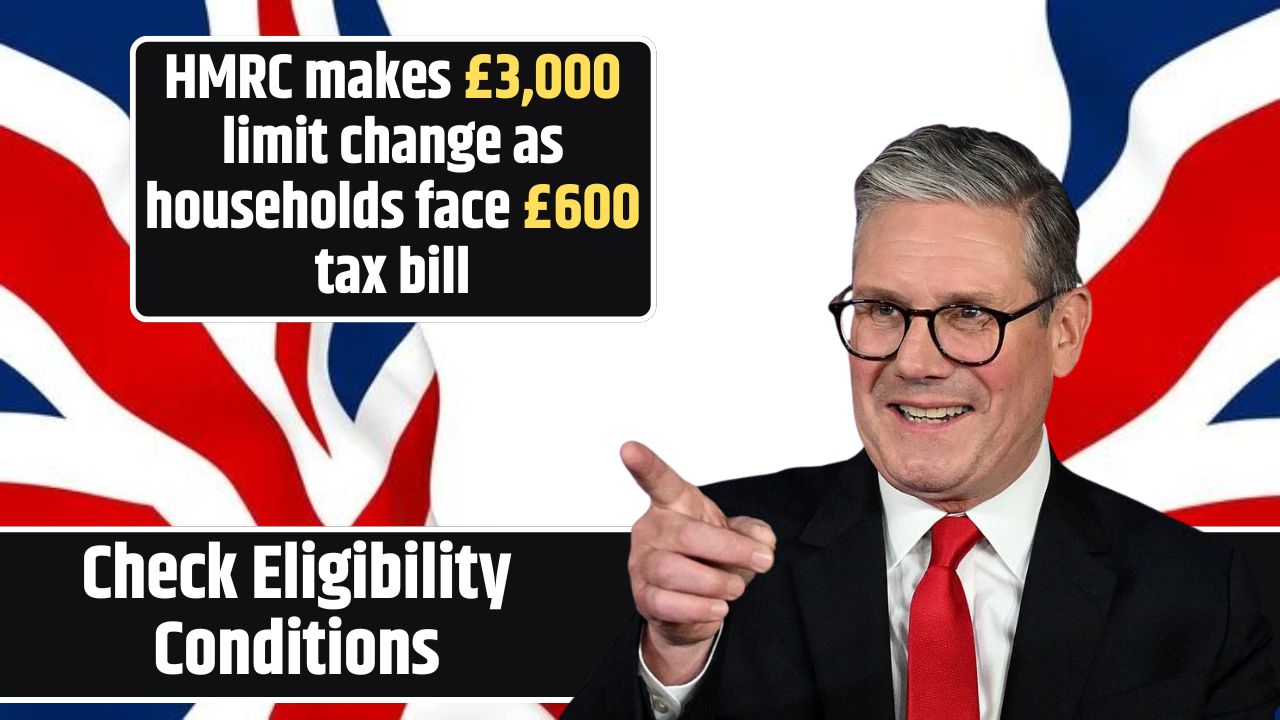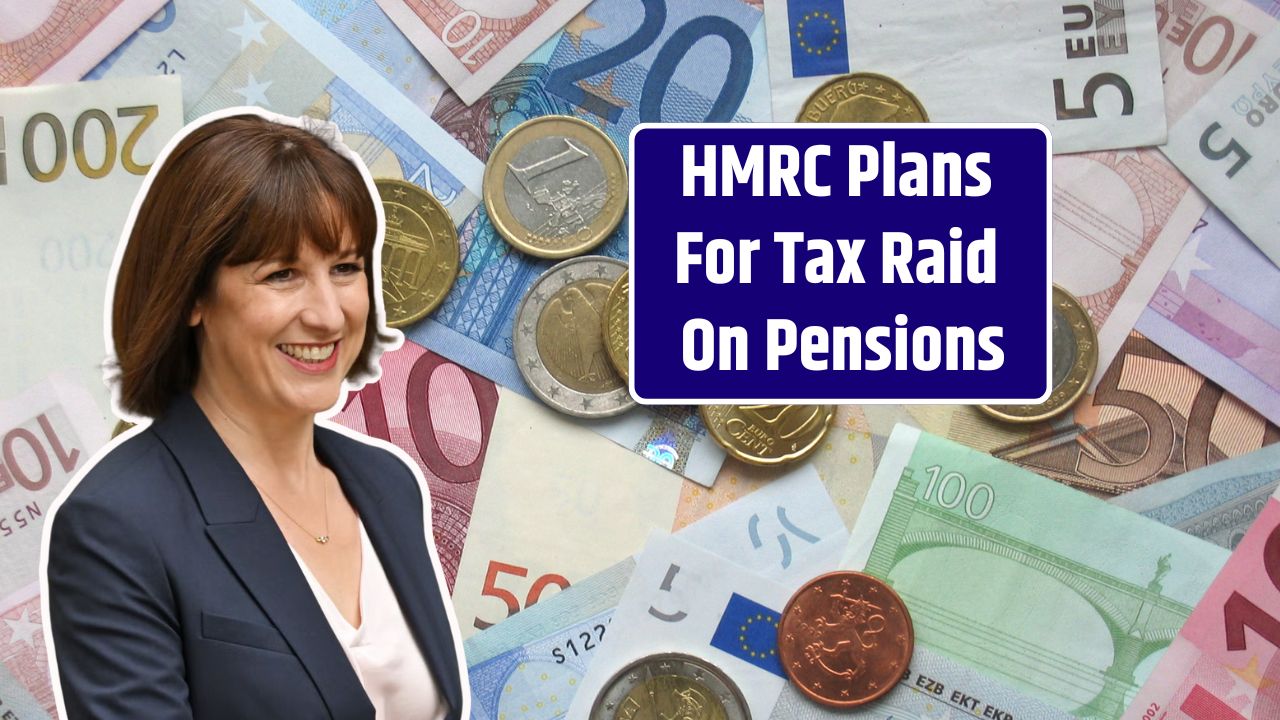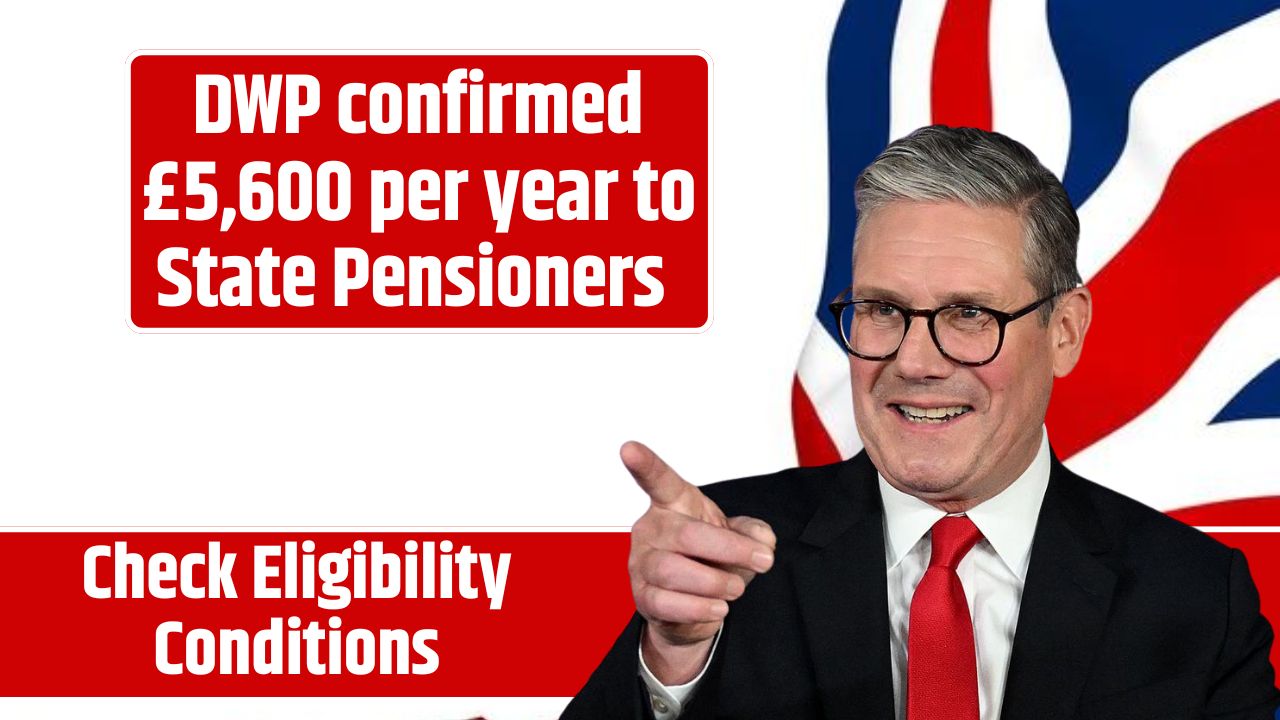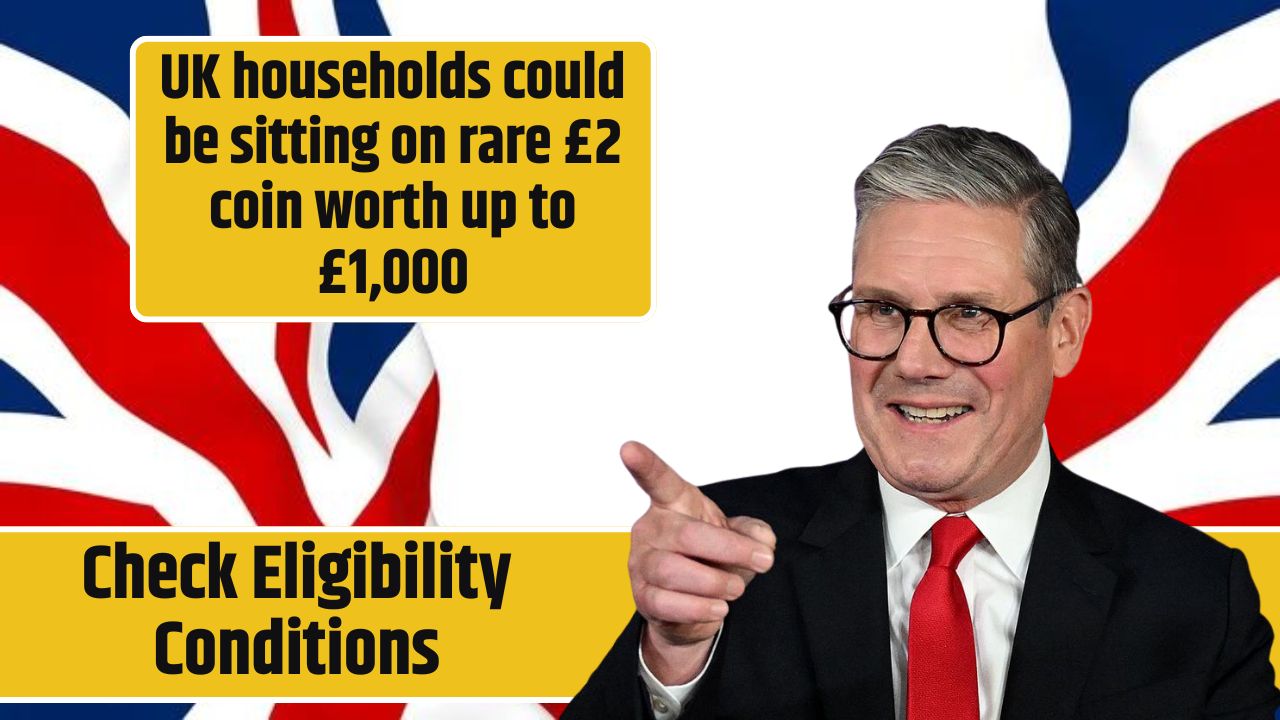The State Pension triple lock has been a cornerstone of retirement income in the UK since its introduction in 2010. But according to former pensions minister Sir Steve Webb, its long-term survival is no longer guaranteed. While the triple lock has provided consistent increases to the State Pension, rising costs and political pressure may lead to significant reforms.
As policymakers revisit the affordability and fairness of the system, it’s important for pensioners and future retirees to understand what’s at stake — and what could come next.
What Is the Triple Lock?
The triple lock system ensures that the State Pension increases each year based on the highest of three measures:
- CPI inflation (measured each September)
- Average earnings growth (from May to July of the previous year)
- A minimum increase of 2.5%
This formula protects pensioners’ incomes from losing value over time and helps them keep pace with rising living costs.
Why Is the Triple Lock Under Review?
Several factors are putting pressure on the government to reconsider the triple lock:
1. Mounting Financial Pressure
With more retirees than ever and increasing life expectancy, the State Pension bill has ballooned, creating fiscal strain on the public purse.
2. Perceived Inequity
Younger workers contribute to a system that benefits a growing retiree population, sparking debates about intergenerational fairness.
3. Political Divides
- Kemi Badenoch (Conservative) has floated means-testing, which would restrict pension increases to those below a certain income threshold.
- Mel Stride, Shadow Chancellor, has called the triple lock “unsustainable.”
- Labour, under new Pensions Minister Torsten Bell, has reaffirmed its commitment — for now.
4. Forecasted Long-Term Imbalance
Sir Steve Webb, while a past supporter of the system, admitted the triple lock may be “too generous” in the long term, particularly if wage growth and inflation remain volatile.
What Could Replace the Triple Lock?
Policy analysts have floated several alternatives:
| Alternative | How It Works |
|---|---|
| Double Lock | Links pensions only to inflation and earnings, dropping the 2.5% guarantee |
| Fixed Percentage | Applies a standard annual increase regardless of economic factors |
| Means-Testing | Limits increases to pensioners on lower incomes or receiving Pension Credit |
While none of these are official policy yet, they signal a shift in thinking about pension fairness and affordability.
What About 2025/26 Increases?
For now, the triple lock remains in place. Based on CPI inflation of 1.7%, the State Pension will still rise in April 2025, albeit more modestly than in previous years.
| Pension Type | Weekly Amount | Four-Weekly | Annual |
|---|---|---|---|
| Full New State Pension | £230.25 (↑ from £221.20) | £921.00 | £11,973 |
| Full Basic State Pension | £176.45 (↑ from £169.50) | £705.80 | £9,175 |
Not all recipients get the full amount; your payment depends on your National Insurance record.
What Should Pensioners Do?
While changes aren’t imminent, retirees should:
- Stay informed about government announcements and manifestos.
- Use online tools like the State Pension forecast calculator to estimate future payments.
- Consider voluntary NI contributions if you have gaps in your record.
- Check eligibility for Pension Credit, which offers added financial support and unlocks additional benefits.
The future of the triple lock remains uncertain. With an aging population, rising public spending, and mounting political debate, pensioners should be aware of potential reforms. While Labour has reaffirmed its support, the next few years could bring key changes — especially if economic pressures persist.
FAQs:
What is the triple lock on pensions?
It guarantees that State Pension payments rise each year by the highest of inflation, wage growth, or 2.5%.
Why is it being questioned now?
Because of its cost and the financial pressure on government spending, especially with an aging population.
Will the triple lock be scrapped?
There’s no official plan yet, but several alternatives have been discussed by both major parties and experts.
What is the 2025 increase under the triple lock?
The full New State Pension will rise to £230.25 per week, and the Basic State Pension to £176.45 per week from April 2025.

